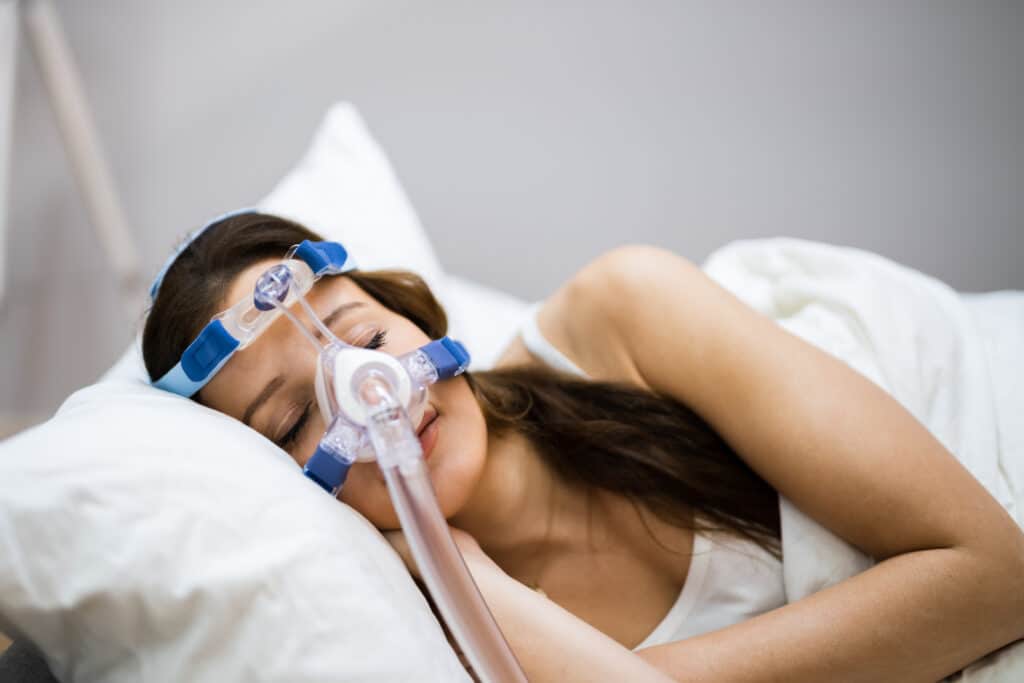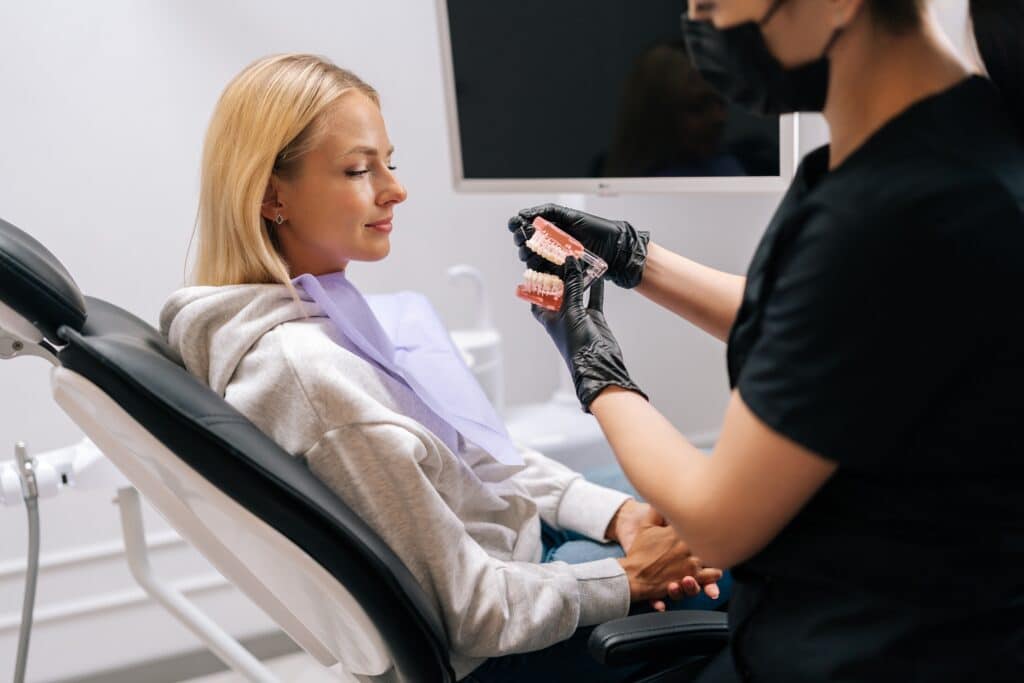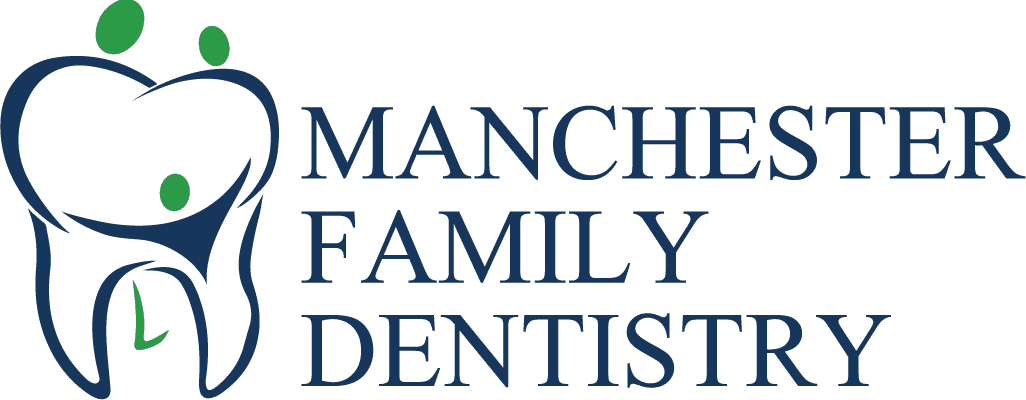One of our primary focuses at Manchester Family Dentistry is to provide the most conservative treatment possible for every situation. Using oral appliances, one can treat various conditions by employing simple and non-invasive treatment. Irrespective of the application, every appliance we recommend is custom-crafted for you.
Appliance therapy may be a valuable complement to your treatment, whether we treat nighttime sleep grinding, a diagnosed case of obstructive sleep apnea, bite problems, or other disorders in your jaw. We at Manchester Family Dentistry utilize a variety of innovative designs depending on your individual preference and treatment goals. We have some of the best sleep apnea specialists and teeth grinding specialists with us. Choose our unparalleled dental services in Manchester, NH for better and faster results.
Sleep Apnea
We always look after the overall health of our patients, in addition to their oral health. Numerous people suffer from many dangerous and disruptive sleep disorders which keep them from getting enough oxygen at night. Data shows that a person with a sleep disorder possesses a risk of heart attack that is 23 times higher than that of a normal person and about 92% of the stroke victims live unknowingly with this condition before having a stroke. We at Manchester Family Dentistry offer education and treatment surrounding sleep health in the most cost-effective, as well as the simplest way, possible.
Some estimations suggest that more than twelve million Americans have obstructive sleep apnea. Most of the cases are still undiagnosed, and that is contributing to conditions like diabetes, high blood pressure, congestive heart failure, hypertension, coronary artery disease, and traffic accidents related to drowsy driving. There is a very crucial role of dentistry in treating this silent epidemic. The American Academy of Sleep Medicine suggests oral appliances as primary therapy for handling mild to moderate obstructive sleep apnea and for patients having severe sleep apnea who can’t tolerate CPAP treatment.

What Is OSA?
The symptoms of OSA (obstructive sleep apnea), which is a breathing disorder, include brief interruptions of breathing in sleep due to airway blockage. We get to see obstructions when the throat muscles, tonsils, tongue, or the soft palate relax and cover the airway and prevent breathing. As a result of obstruction, there is a severe drop in the blood oxygen levels the whole night.
To diagnose OSA, a polysomnogram or sleep study is typically performed. In the course of a sleep study, a sleep physician monitors body system functions and brain activity while a patient relaxes overnight at a sleep lab. With the data collected from the process, the sleep doctor diagnoses the sleep disorder and recommends the appropriate treatment. If prescribed by the sleep doctor, a dentist qualified in sleep medicine also joins with them to treat obstructive sleep apnea with the help of oral appliance therapy.
How Is OSA Treated?
To treat snoring and obstructive sleep apnea, doctors may use procedures like surgery, CPAP or BiPAP machines, or oral appliance therapy. Oral appliances offer a minimally invasive option and are often a great choice for treating mild to moderate OSA. To comfortably hold the jaw in a proper position throughout the night, a carefully calibrated appliance like CPAP or BiPAP is used.
All of the recommended treatments should be prescribed with the help of your sleep physician. If appliance therapy is chosen, the correct method and placement are crucial to accurately maintain an open airway.

Teeth Grinding
The hardest substance present in our bodies is our teeth, which can withstand an enormous amount of force. But teeth can face damage, particularly when grinding forces begin to wear them away. If you have a habit of nighttime grinding or clenching, it can cause harm to your teeth, muscle, and jaw joints over time. Protecting against abrasive forces is very critical.
Normal chewing results in short intervals of contact between teeth. Your teeth should only contact for about 5 minutes each day under normal circumstances. Little amounts of wear over time are common, and bite edges can chip a little.
Sometimes, patients have teeth emerging with a flattened, worn appearance, even among young patients. X-rays may show uncommonly thin layers of enamel as though chewing surfaces of the teeth have been worn down by sandpaper. A few minutes of chewing daily is not going to erode the enamel of your teeth this much. These signs indicate grinding may be the issue.
An Unknown Dental Habit
A subconscious habit of grinding teeth, either during the day or night, develops in some patients. Often, the abrasive action happens only during sleep, and for just a few seconds at a time. If you wake up with a sore jaw or a morning headache, this may indicate that you are grinding your teeth during sleep. In certain patients, extended jaw muscles develop on the sides of the face because of the grinding during nighttime. These muscles are one the strongest in our body, which indicates that they can do a lot of unnecessary damage.
The unusual activity not only wears down our teeth but also strains the overworked muscles. The intricate jaw joints present on one or both sides of the mouth can also be damaged because of the comprehensive forces. The damage done to the joints can lead to arthritic changes, chronic pain, and popping or clicking. In case these changes settle in, then it may become impossible to reverse the condition.
Avoiding Irreversible Damage
We recommend you to consult with our doctors at Manchester Family Dentistry if you are waking up with a sore jaw or headache or if you observe flattening or chips of your teeth. The earlier the problem receives consideration, the lesser damage there will be. In many cases, a carefully calibrated night guard will eliminate the symptoms and protect your precious enamel as well.
The clenching or grinding habits in the daytime also deserve attention. Our proficient doctors at Manchester Family Dentistry will analyze your bite as well as examine if they’re moving against each other correctly during chewing. You can save a lot of time and money by eliminating damage to your jaw and teeth at the earliest stage possible.

